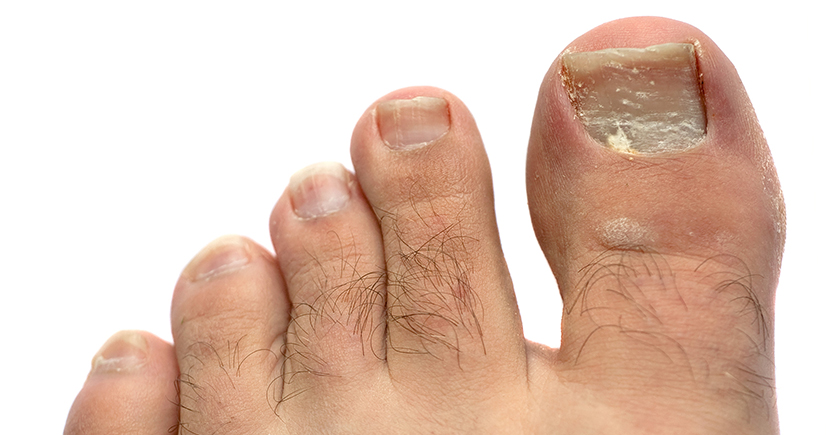Rhinitis or hay fever is a very common allergy and it can affect people in the summer as well as the colder months. However, allergy doctors will tell you that there are two types of hay fever. One is allergic and the other is non-allergic. Here is the difference between the two.
Allergic Rhinitis
What Is Allergic Rhinitis?
Allergic rhinitis is caused by the inflammation of the airways in the throat, causing you to wheeze and have difficulty in breathing. It is also followed by fever and immense irritation in the eyes. These symptoms usually occur if the person is triggered by an allergen.
Your immune system is severely compromised because of this trigger and it goes into defense mode and that’s why it shows all of these symptoms. If a trigger or allergen is not near, then you might not feel the symptoms at all.
How Is It Diagnosed?
The easiest way to diagnose this allergy is through an allergy test. This is done by a skin patch test. Your skin is sanitized first and then a small amount of allergen, like pollen, fungus, or animal fur is put on the area. Then, you are monitored for symptoms.
If you notice your skin starting to get red and patchy, then this is a clear sign that something is wrong with you and that the allergen is triggering something in your body. The diagnosis is made on the basis of how your body reacts to different allergens and then the symptoms are cross-matched.
Symptoms And Treatment
Some symptoms of allergic rhinitis are:
- Coughing
- Sneezing
- Dark circles under the eyes
- Water in the lungs
- Chest constriction
- Fever with labored breathing
The only treatment for anything related to allergies and triggers is taking proper precautions and avoiding the allergy trigger. As far as the symptoms go, you can take medication for alleviation of the discomfort you are feeling. This will help you a lot. You can also try immunotherapy, which is quite a recent discovery for the treatment of allergies and it is fairly successful as well. It’s better to be safe than sorry.
Non-Allergic Rhinitis
All About Non-Allergic Rhinitis
This is the same as allergic rhinitis, but the only difference is that it is not caused by any type of allergen, and allergy medications don’t seem to work on alleviating your symptoms. It usually starts in adulthood and its symptoms are present all year round.
The most possible causes of non-allergic rhinitis can be living in colder regions, any side effects of medicine you are consuming, hereditary, etc. People who have hyperthyroidism or are eating oral contraceptives can also experience this. Your nose is very sensitive and your throat is almost always sore because of irritation.
Symptoms
Some common symptoms of non-allergic rhinitis are as follows:
- High fever which doesn’t seem to subside
- Runny nose with watery discharge
- Stuffy nose and the sensation of something being stuck right around your nose and under the eyes
- Pressure on the head and ears when you descend on the ground, like picking something up or touching your toes
- Lethargy
Taking allergy medicine will not help to alleviate or get rid of these symptoms. If these symptoms are consistent throughout the year and nothing seems to help you, then this might be non-allergic rhinitis.
Treatment Options
Here are some treatment options for non-allergic rhinitis.
- Use nasal sprays to keep your nose hydrated. This will keep you from sneezing all the time and it will also help to remove any built-up mucus in your nasal paths, so you can breathe easily.
- You can also use oral decongestants in order to get rid of the pressure you feel around your nose and under your eyes. This is basically built-up mucus that is trapped in your nose and this needs to be removed.
- Antihistamines also help with sneezing and other accompanying reactions.
Conclusion
Now you know the basic difference between allergic and non-allergic rhinitis, so its diagnosis can be easier, especially if you are affected by it severely and want to alleviate its symptoms. If you experience the symptoms mentioned above, book an appointment with an allergist Manassas to get diagnosed. This will ensure effective treatment and quick relief.









